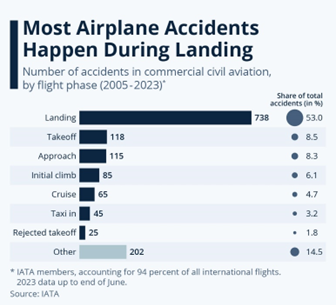TAG: GS 2: INTERNATIONAL RELATIONS
THE CONTEXT: The policy of the government of U.K., of creating a mechanism for the transfer of asylum seekers to Rwanda, has been ruled as unlawful by the U.K. Supreme Court.
WHAT IS THE RWANDA DEAL?
- The Migration and Economic Development Partnership (MEDP) was announced in April 2022 by former Prime Minister Boris Johnson.
- The objective of the deal is to create a mechanism for the transfer of asylum seekers not considered by the K into Rwanda.
- The inadmissibility clause of the UK’s asylum system plays a key role in categorizing people who enter the U.K. through “irregular journeys” such as the English Channel.
- According to the Memorandum of Understanding between the two nations, the K. will screen asylum seeker applications and arrange for safe transport to Rwanda.
- On arrival of the refugees, Rwanda is obliged to provide accommodation for every individual and protect them from ill-treatment and refoulement.
- Rwanda will be the sole authority to recognize or not recognize the refugee status of an individual.
- If an individual is not recognized, they will be moved to their country of origin.
WHY DID THE U.K. CHOOSE RWANDA?
- Rwanda offers three solutions for those sent out by the K.
- It facilitates returning them to their country of origin.
- Helps in moving them to a third country; or
- Helps them settle in Rwanda with decent housing, access to universal health insurance and the right to work.
- The K. will bear the accommodation and transit costs. Rwanda was not the first country to be approached.
- Former Prime Minister of U.K. attempted to persuade Tanzania for asylum claims but failed.
- Britain’s colonial history aligns with the current scenario where it used to move particular sections of migrant labour to certain territories.
- The K. has, in the past, moved refugees to colonized countries under the guise of development and economic growth.
- The MEDP arrangement resonates with this colonial scheme of dispersing refugees.
WHY WAS IT RULED UNLAWFUL?
- The ruling was based on two major issues.
- One, the Court of Appeal’s entitlement to intervene in the High Court’s ruling.
- Two, if the Court of Appeal had looked into the real risk for asylum seekers when moved to Rwanda.
- On the first, the Supreme Court found the High Court decision to be “erred,” due to its failure to consider the evidence of the risk of refoulement.
- Second, the Supreme Court found evidence that asylum seekers face a real risk of ill-treatment from refoulement.
- Rwanda’s track record on human rights and its non-compliance with assurances were taken as instances for considering the real risk of refoulement.
- While Rwanda has become a key partner of the K., the court highlighted the periods of violence in Rwanda since 1994 and how its human rights record was viewed as critical for the ruling.
WHY ARE DOMESTIC RESPONSES MIXED?
- The reason behind different perceptions is the uncertainty over the legality of the arrangement and treatment of the refugees in Rwanda.
- According to civil society organizations, double voluntarism from the K and to create a Rwanda safe transit or guaranteeing rights is impossible.
- The UNHCR clearly states that once a refugee enters a territory via land or sea it becomes the responsibility of the respective country to ensure the safety of the refugee.
- In this case, the K cannot be relieved from this duty even after the transfer of the refugee to Rwanda.
- While the K. government argues over simultaneous investment in refugees and Rwanda’s economy for development, the doubts over refoulement and the implications to other EU countries do not seem to end.
- This might trigger other EU nations to consider such deportation schemes leading to a decline in humanitarian standards and creating risks for refugees in third-party countries.
Source: What has the U.K. Supreme Court ruled with respect to the Rwanda deal? | Explained – The Hindu
Spread the Word

